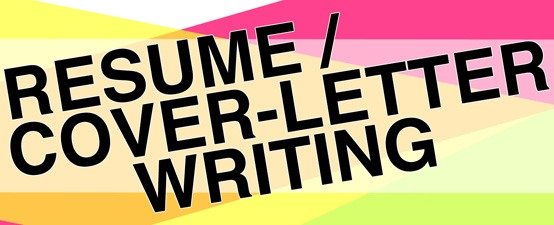“Every door can be unlocked,” the wise words of Ellen Fondiler. But in the business world, the first step of unlocking those doors to employment is by a strong cover letter and concise, but intriguing, resume. This is your first impression on a potential employer, and your main point of differentiation from other applicants.

After my last internship, my boss gave me the responsibility of reading through the huge stack of resumes and cover letters applicants sent in, and I had to narrow it down for her to then interview them. The cover letters that were very generic and seemed like the applicant took less than 5 minutes to put together, she said to toss out. Do not bore the person who gets to read these; make yourself stand out and immediately highlight your strengths, or why you would be a good fit for the position. The goal isn’t just to tell them that you’re qualified, it is to seem more qualified than other applicants. BE MEMORABLE!
Cover letters are meant to explain your resume, so don’t be afraid of adding personality to it. When listing your skills (applicable to the position), also list examples of how you’ve used these skills in the past. Here are some good examples of how to start off your cover letters:
· “In my three years at ____, I increased our average monthly sales by ___%.”
· “I would be a great fit for your company because after reading through your mission statement, ____.”
· “I’ve wanted to work in education ever since my third grade teacher helped me discover a love of math.”
While I was job hunting, I made sure each resume I submitted was personalized for each company. Do your research! Do NOT make your resume longer than a page; adjust margins if you have to, but most employers will only look at the first page. The goal is not to include as much information as possible; you must choose your most relevant experiences and skills for the job you’re applying for.
You can make your resume stand out by doing these few things:
1. Incorporate industry keywords and buzzwords into your resume,
2. Tailor your resume to the job you’re applying for.
3. Use a modern, professional format (Don’t overdo it with the creativity).
4. Make sure it is error-free and easy to read.
5. Describe accomplishments, not responsibilities.
Monster.com also has some helpful tips on how to make your resume stand out, click here.

